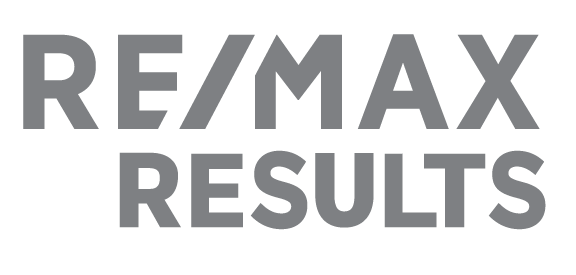Want to know what you can afford?
If you aren’t paying cash for your home, you’ll need a mortgage. One of the initial steps in the home buying process is to seek mortgage financing approval. This should be done before viewing and searching for your potential new home. You will work closely with a licensed (MLO) mortgage loan originator to discuss your annual salary, credit score, debt-to-income ratio, and total debt amount. Once this information is collected and processed a mortgage letter of approval is provided. This letter indicates the approved mortgage loan amount and outlines the loan types you qualify for. This letter of approval will be a necessary item for all potential offers you choose to submit on behalf of your real estate agent. This letter when included with your offer informs the sellers that you are qualified to purchase the home at the promised amount indicated in your offer.
Don’t know who your mortgage lender will be?
That’s ok, I am happy to recommend several qualified resources to support your mortgage approval needs. Choosing a lender is just as important as choosing me as your real estate agent. You want to make sure whomever you decide to obtain your loan with is knowledgeable, responsive, and reliable. Finding the right loan officer can mean the difference between getting a loan, and receiving the best loan and terms available. Each loan officer I work with gives my clients the personal attention and care they deserve.
Types of Loans:
Conventional: Conventional loans are some of the most common loans in the mortgage industry. Instead of being funded by a government agency like FHA loans, conventional loans are funded by private financial institutions such as banks and then sold to government-sponsored groups like Fannie Mae and Freddie Mac.
A major differentiator between conventional loans and other types is that with conventional loans, your interest rate and qualifications are dependent on your credit score. Usually, conventional loans are reserved for those with a minimum credit score of 620. You’ll also want to put 20% down on your new home to avoid having to pay for private mortgage insurance (PMI), which protects the lender if you were to default on your loan. With a conventional loan, you can put down as little as 3% on your new home, though you will be required to pay for PMI.
Government Loans: FHA, VA, & USDA
FHA: FHA stands for Federal Housing Administration. An FHA loan is a type of mortgage loan issued by the FHA, meant to help low-to-moderate income borrowers. These loans require lower minimum down payments and may accept people whose credit scores are lower than what is usually required for conventional loans.
VA: VA stands for Veteran Affairs, which provides specific loan benefits to U.S. veterans, service members, and eligible surviving spouses. VA home loans are provided by private lenders like banks and mortgage companies and offer benefits like no required down payment, low-interest rates, and more.
USDA: A USDA loan is issued by the United States Department of Agriculture, for families that live in eligible rural areas and fall under certain income requirements. These income requirements are dependent on the area you live in, and “rural” usually implies rural areas with a population of less than 35,000. Another requirement is that you must be ineligible for a loan from other resources.


